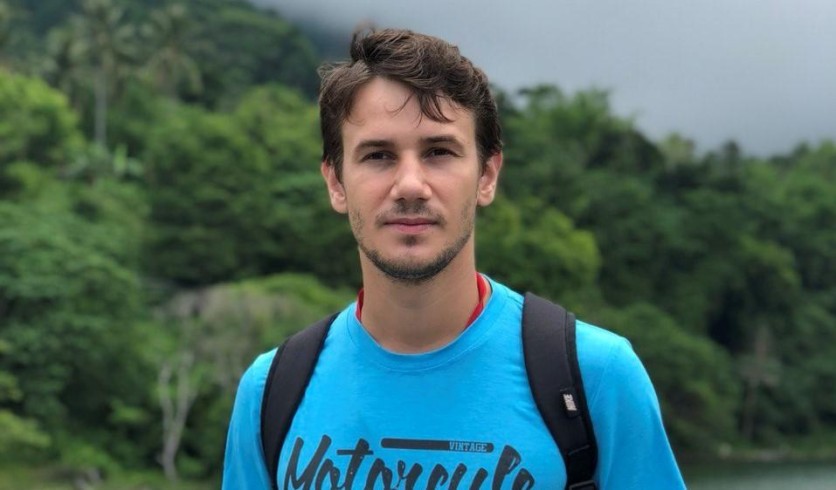
"It is much more beneficial for large companies not to hire a good employee than to hire a bad one" - Sergey Bevzenko
Nowadays a good developer is what any company needs. Sergey Bevzenko has been working as a leading software developer since 2010. During this time, he had to work both in small IT departments and in the largest ones. He shared about the specifics of hiring in small and giant companies as well as about his work on Yandex Pandora, which is an open-source tool.
Sergey, as far as we know, over your 13 years' experience you have managed to work in many different companies: from small advertising agencies to such giants as Ozon, Delivery Club and Avito. Have you noticed any differences in the hiring processes between them.
There is certainly one. It is important to understand that large companies are always in need of employees. The hiring process in giant companies is usually automated, as a huge number of applicants pass through them. Of course, given that, they often take risks because they may not hire a talented specialist because he did not meet some criteria. However, in their case it is more profitable not to hire a good specialist than to hire a bad one.
There is also a difference in the interviews themselves. For example, to get a job in a small company or in a large one with a small IT department, it is enough to pass a couple of interviews, just to check your hard skills. To get a job in a large company, you have to go through several long stages. To give you an example: to get a job at Yandex, I had to go through as many as 9 interviews.
When you were looking for a job, did you purposefully seek to work in giant companies?
That's a very interesting question. My career was built in such a way that at first, I worked in small IT departments in advertising agencies and at Pegas Touristik company. Working in such an environment makes you become an orchestra man even if you weren't one, and do everything at once. Because of that, sometimes you are shorthanded to finish all the tasks in time so you face burning deadlines. After this experience, I decided to get over myself and get a job in a large company. That's how I ended up at Ozon, where I took the position of Goland Software Engineer.
That's where I first realized the difference between the processes in small and in large companies. In giant companies there are a large number of departments, each of which does something different. For example, they have a whole department that deals exclusively with databases. Thanks to this division of responsibilities, you always clearly understand your tasks and see the result of your work. That is why working in large companies attracts me much more today.
Why do you think such large companies as Ozon, Delivery Club, Avito and Yandex hired you? What do you think they paid attention to?
Actually, the answer is obvious - it's because I successfully passed all the interviews. As I said, in big companies there can be a bunch of interviews, tests and checks, it makes the company clearly understand whether you are suitable for them or not. The whole process is quite complicated and long but no less clear. Thanks to all the checks, they were able to make sure that I was a good fit for them to hire me, knowing that I wouldn't make rookie mistakes.
What do you think is more important in a software developer's job, hard skills or soft skills?
All of them are important, because without hard skills you simply can't do your job properly, and without soft skills you can't communicate effectively with your team. However, there is a catch: hard-skills are much easier to check, it's enough to make a candidate solve several tests and tasks. In terms of soft-skills it is much more complicated, so in this sense they are more important.
Sergey, you are currently working at Yandex. What are your responsibilities?
I am the main maintainer of the Yandex Pandora product and I also work with load testing tools. It allows you to check the performance and reliability of the whole software. The main task of Yandex Pandora is to generate a large number of requests, and mine is to maintain and develop upon the tool along with this direction. This is a non-standard task in which I am now extremely interested in.
ⓒ 2025 TECHTIMES.com All rights reserved. Do not reproduce without permission.


![Best Gaming Mouse For Gamers With Smaller Hands [2025]](https://d.techtimes.com/en/full/461466/best-gaming-mouse-gamers-smaller-hands-2025.png?w=184&h=103&f=6fd057ef777bd39251d4e7e82e9b23f1)

